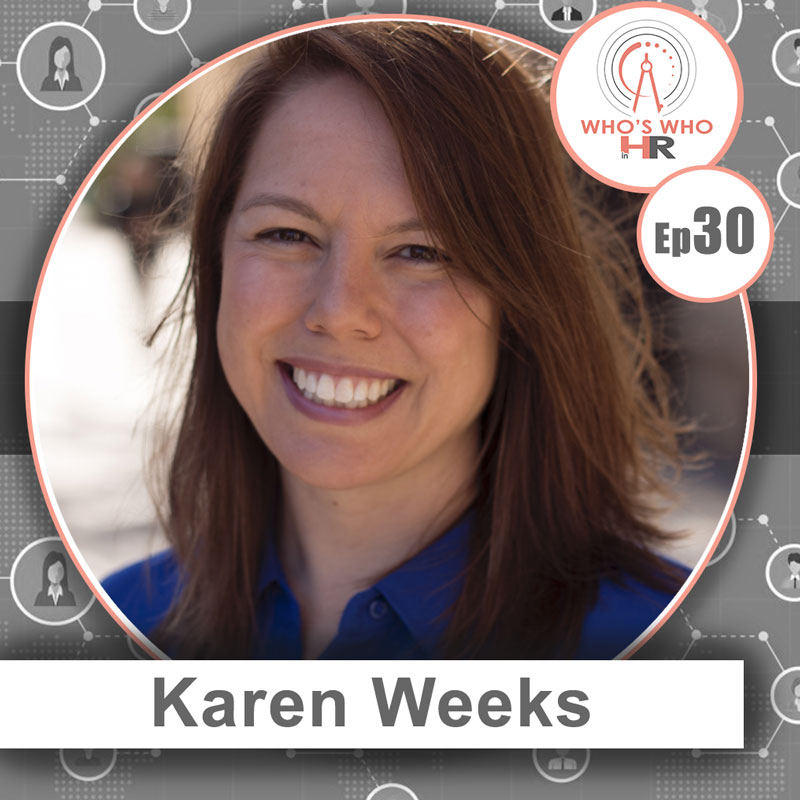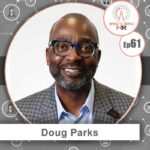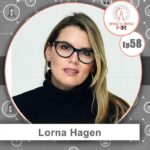Karen D. Weeks is a strategic partner whose drive is to help companies build and scale their culture to meet their business goals and help people find their career passions.
Her passion is around talent development, organizational effectiveness, individual career development, and helping teams through change.
Currently, Karen is the SVP of People at Ordergroove and was named one of the 2020 Notable Women in Talent by Crain’s New York Business. Karen is also a career coach, a speaker, an advisor to start-up companies, the published author of Setting the Stage: A Guide to Preparing for Any Feedback Conversation, and host of the podcast “Getting off the Hamster Wheel”. She lives in NYC with her husband and furry babies.
More from Karen…
Karen loves being part of a startup environment. She likes being part of the day-to-day operations of the company and wearing many hats. But some people come into the startup environment without realizing what they’re getting into. And it’s not the perfect fit for everyone. She tells us:
“I think the biggest part is they think the support is there. I’m a salesperson, and I assume there’s a huge SDR team, or that I can just go to a confluence page and pull all these decks and all you have to do is change the logo, or scripts or things like that. And we’re obviously making a lot of progress there. But we do not have that kind of library that people can just pull from, because we’re still learning and growing and changing so much.
It’s better than it was a few years ago. But it is definitely not like a bigger organization that has that material handy.
I think the other thing too, is the amount of change. And again, it can all be good. It’s not like we’re chasing shiny objects. If data comes in and we need to pivot, then that’s obviously what you need to do.
And I think there are some people that prefer a little more stability, and I have a goal of reaching for that goal, I’m going to achieve that goal. And then I will get a new goal.
Versus we’re going down this path, oh, we just learned something new, either because we made a wrong assumption or data came in that told us we’re going down the wrong direction. And we need to pivot and make that change.
So people that are able to be more agile and adjust that way, I think are the two biggest areas that we’ve sort of seen.
The other thing that’s really interesting is being solution-oriented. So especially as we think about engineers and product managers, we want folks where they were part of coming up with a solution, not it came down on high that I was supposed to work on this thing. So I worked on this thing, and I finished it.”









